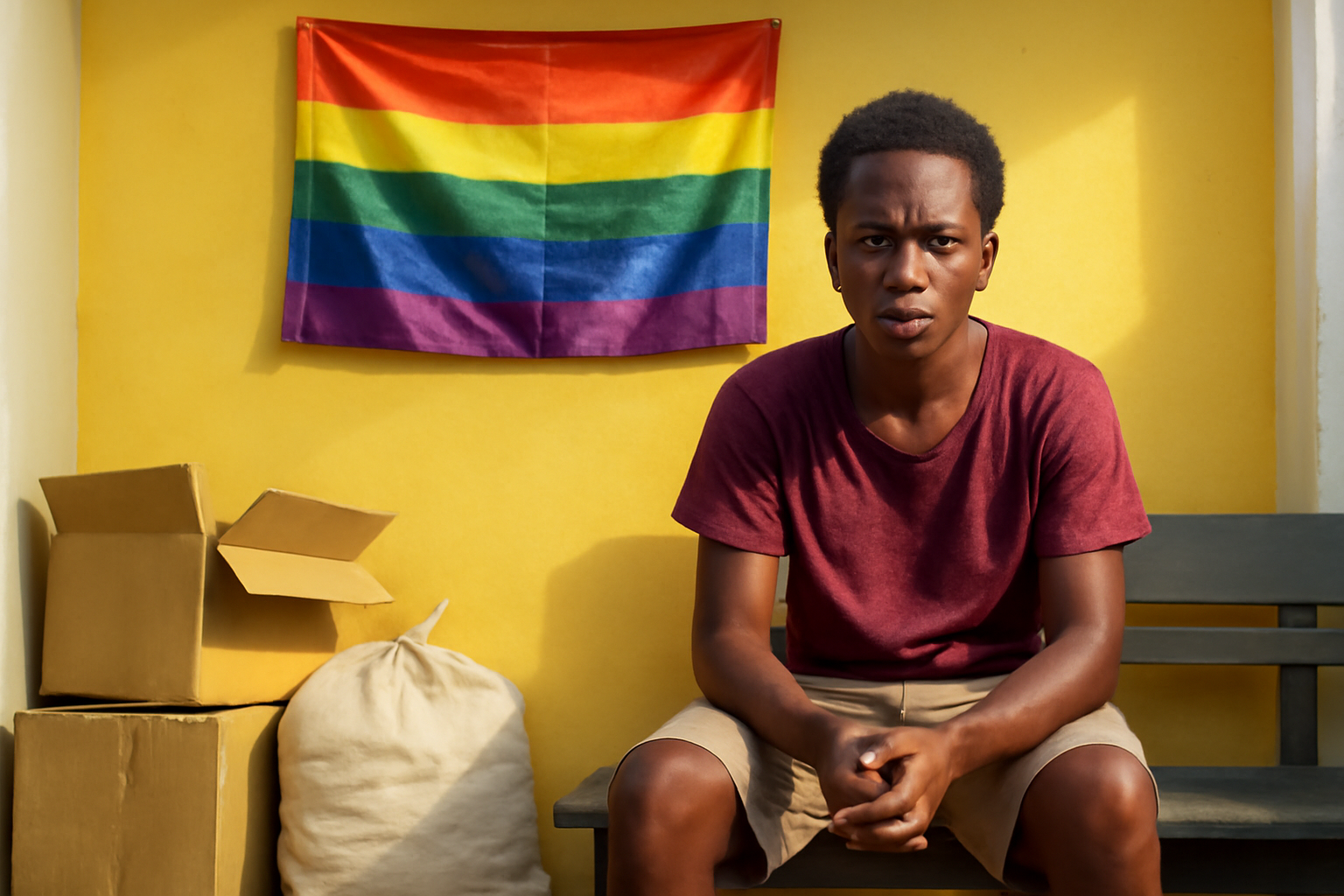
Just a few weeks ago, the director of a Ugandan LGBTQ+ crisis center faced an unimaginable situation. Their resources were depleted, and the center could no longer provide sanctuary to individuals fleeing life-threatening violence, all because of a freeze on U.S. foreign aid. In Peru, a shelter for trans women offering vital food, medical care, and legal assistance was forced to close its doors, leaving residents without support. In Côte d’Ivoire, a crucial HIV prevention initiative collapsed, endangering thousands of lives. These stories were captured in a rapid assessment survey conducted by All Out, revealing the devastating impact of the U.S. government’s recent decisions on global LGBTQ+ communities.
Executive Orders and Global Consequences
The situation stems from Executive Order 14169, titled "Reevaluating and Realigning United States Foreign Aid," issued by the previous U.S. administration. This order mandated a 90-day pause on all U.S. foreign development assistance programs, citing a need to realign aid with American interests. However, this justification rings hollow when the consequences are considered: countless marginalized individuals are left without basic necessities such as shelter and healthcare. The aid freeze has not protected American interests; rather, it has endangered the lives of some of the world's most vulnerable populations.
Historically, the United States has been a significant supporter of LGBTQ+ organizations worldwide, stepping in where other governments have failed. In a single executive action, this support was withdrawn, with catastrophic results. According to data from the Global Philanthropy Project, the overall potential reduction in LGBTQ+ aid caused by both the U.S. and the Netherlands is estimated at $105 million—a quarter of the global government funding for LGBTQ+ issues. Our survey indicates that 75 percent of organizations are experiencing increased risks to the life, health, or safety of community members due to this funding halt. More than two-thirds have already been forced to shut down programs or lay off staff, with nearly a third on the brink of closure.
Struggles of LGBTQ+ Communities Worldwide
In regions where LGBTQ+ individuals already face criminalization and violence, the repercussions are particularly severe. Shelters for those fleeing homophobic and transphobic violence have been closed down in multiple countries. A Ukrainian partner shared that many LGBTQ+ individuals are now without safe havens, leading to a rise in homelessness and violence. In Sudan, activists who could provide emergency aid to LGBTQ+ people escaping war and persecution are now powerless to help. Similarly, in Colombia, programs that offered economic opportunities to trans migrant women have been suspended, forcing many into precarious and exploitative situations to survive.
The U.S. administration initially portrayed the aid freeze as a temporary review. However, organizations are already receiving termination notices, suggesting a more permanent withdrawal of support. This move is part of a broader trend of rolling back human rights commitments. As the U.S. steps back, authoritarian regimes are taking advantage, using homophobia and transphobia as tools for political suppression.
The Path Forward
Despite the U.S. government's retreat, the international community must not follow suit. Nations that advocate for LGBTQ+ rights need to act swiftly to bridge the funding gap. Private donors, including corporations that profit from LGBTQ+ consumerism, must also step up to provide support.
LGBTQ+ activists have long operated on minimal resources, driven by resilience and determination. However, resilience alone cannot sustain these movements. If the international community does not respond, decades of progress in LGBTQ+ rights could unravel in a matter of months, leading to more lives lost.
This is not merely a political issue—it is a moral imperative. The courageous partners who participated in our survey are running out of options. The question remains whether the global community will stand with them or turn away, leaving them to endure suffering and hardship.
Matthew Beard serves as the executive director of All Out, a global LGBTQ+ non-profit organization dedicated to building a world where no one has to sacrifice their family, freedom, safety, or dignity due to their identity or whom they love. Before joining All Out, Matthew was the Global Director of Fundraising and Communications at Action Aid, focusing on women’s rights and anti-poverty initiatives. He also spent a decade in senior roles with Amnesty International in the UK, Germany, Australia, and Canada.
Related Posts
Trump Inaugurated as 47th President Amid Concerns for LGBTQ+ Community
Donald Trump has been sworn in as President once again, marking his second term as America's 47th leader. This significant event in U.S. politics promises profound impacts, especially concerning LGBTQ+ rights. Taking office: promises and challenges Amidst a harsh winter storm, Trump took his oath indoors at U.S. Capitol on January 20. Alongside him, Vice-President JD Vance also stepped up, both [...]
Daniel Craig's "Queer" Overlooked by BAFTA: A Surprising Omission
Daniel Craig's film, Queer, snubbed by BAFTAs despite rave reviews In a surprising twist, Daniel Craig's newest film, *Queer*, failed completely on BAFTA's nomination list this year. It's a head-scratcher, considering how critics have sung its praises and Craig delivered such a standout performance. Yet, not a single nod from BAFTA. Go figure. fans and critics baffled by BAFTA snub The exclusio [...]
Generations of LGBTQ+ Athletes: From Past Challenges to Modern Triumphs
In a captivating display that brought together voices across generations, two gay athletes from different times came together on a TV show, sharing their journeys and thoughts on LGBTQ+ representation in sports. This insightful program shed light on how inclusivity and acceptance in athletics have evolved over time. Connecting past and present: The stories behind Andrew Purchas and Davis Atkin L [...]